Especially when You don’t want or need it
The Problem with Free often seems like a paradox. Everyone is supposed to love free stuff, right? But what happens when you’re flooded with things you don’t really need? Clutter! That’s the problem. Too many free things can lead to a messy, cluttered environment. So, it’s important to learn that if you don’t want it or need it, even if it’s free, it’s probably just going to become clutter.
People look at you like you’re crazy when you say, “No thank you,” as they try to hand you a free item. They automatically ask you why you don’t want it. As soon as you tell them you won’t use it or you don’t care for it, they still try to convince you to take it. It’s OK to say NO, THANK YOU.
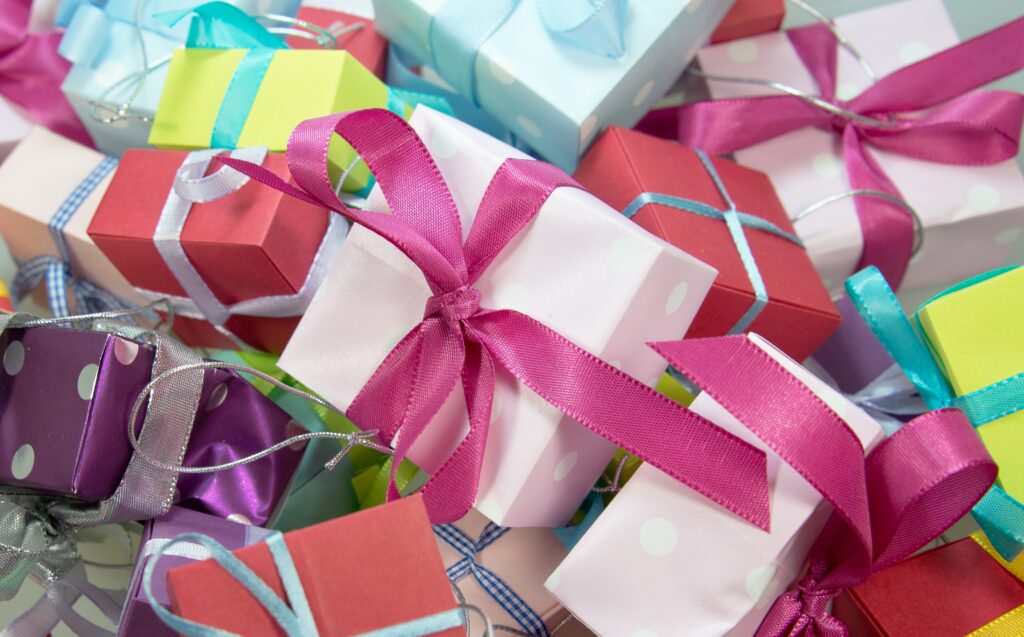
The Appeal of Free
The concept of “free” has become incredibly enticing. Who doesn’t love getting something for nothing? Whether it’s a free trial, free sample, free subscription, or a free e-book, the appeal of free is hard to resist. But what is it about the word “free” that captures our attention and makes us eager to take advantage of these offers?
The Psychology of Free
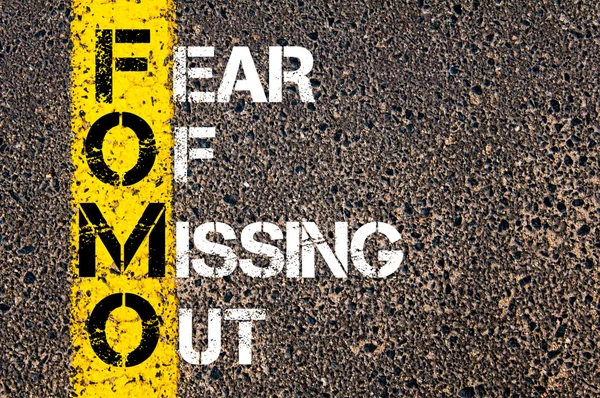
As human beings, we have a natural inclination to seek out and obtain things without having to pay for them. This can be traced back to our primal instincts for survival and acquiring resources. When we come across something that is offered for free, our brains release dopamine, the “feel-good” chemical that reinforces our desire for more.
The psychology of free taps into our fear of missing out. We don’t want to pass up an opportunity, especially when it doesn’t cost us anything. This fear of missing out, or FOMO, drives us to take advantage of free offers, even if we may not necessarily use or need the item or service being offered.
The word “free” also triggers a sense of reciprocity. When we receive something for free, we feel compelled to give back in some way. This can come in the form of purchasing additional products or services from the provider, recommending the offering to others, or simply feeling a sense of gratitude.
The Cost of Free
“Sometimes one pays most for the things one gets for nothing.” ― Albert Einstein
While free things may not require a direct monetary payment, they often come with hidden costs. For instance, free apps, subscriptions or websites may bombard you with intrusive advertisements, compromising your user experience. Some free products may lack the same level of quality or functionality as their paid counterparts, resulting in frustration and wasted time.
Free offerings can also lead to a loss of privacy. Many free services rely on collecting user data to generate revenue, which raises concerns about how our personal information is being used and shared. It’s crucial to consider the potential trade-offs before diving into the world of freebies.
The Emotional Attachment to Free

Freebies often trigger an emotional response within us. We feel a sense of excitement and anticipation when we receive something for free. It’s as if we’ve won a prize or stumbled upon a hidden treasure. Be careful, this emotional attachment can cloud our judgment and lead us to accumulate items that we neither want nor need.
Think about it: how many free pens, keychains, lanyards, or tote bags do you actually use on a regular basis? Chances are, most of them are collecting dust in a drawer somewhere. Yet, we hold onto them because they represent a sense of value, even if that value is purely sentimental. Breaking free from this emotional attachment is the first step toward decluttering our lives.
The Hidden Costs of Clutter
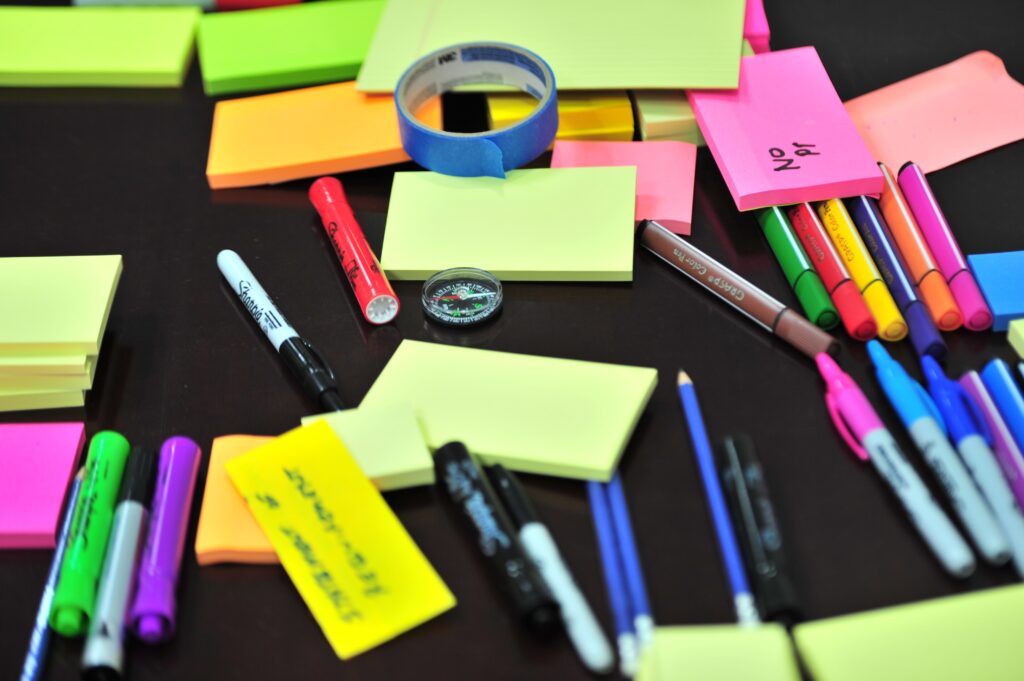
While freebies may not cost us money upfront, they come with hidden costs that can add up over time. Clutter takes up physical space in our homes, making it difficult to find the things we truly need. It can also lead to disorganization and a constant feeling of being overwhelmed.
Clutter can also impact our mental well-being. Studies have shown that a cluttered environment can increase stress levels and make it harder for us to focus and relax. Our minds become cluttered as well, as we constantly worry about cleaning, organizing, and managing all the excess stuff.
The Solution
Now that we have identified the problem with free and the clutter it can create in our lives, it’s time to explore the solution. By implementing a few key strategies, we can regain control over our belongings and prioritize what truly adds value to our lives.
Assessing the True Value
“Sooner or later there will always be a cost for free stuff” ― Will Leamon
When it comes to freebies, it’s important to assess their true value before accepting or keeping them. Ask yourself, “Will this item or service enhance my life in a meaningful way?” By evaluating the usefulness and relevance of freebies, you can prevent unnecessary clutter from accumulating. Remember, more isn’t always better, and it’s quality that truly matters.
Prioritizing Quality over Quantity

In a world where freebies abound, it’s tempting to accumulate as much as possible. Prioritizing quality over quantity can lead to a more fulfilling and clutter-free lifestyle. Instead of accepting every free item that comes your way, consider the long-term value it will bring. Choose items that align with your goals, values, and interests, and let go of the rest. By focusing on quality, you can ensure that the things you own truly enhance your life.
Letting Go of Unused Freebies
One of the biggest challenges in dealing with freebies is the reluctance to let go of unused items. We often hold onto them, thinking that we might need them someday. This mindset only contributes to clutter and disorganization. Take the time to declutter your space and let go of freebies that no longer serve a purpose in your life.
Freebies may seem like a great deal initially, but if we do not use or need them, they only serve to take up valuable space, both physically and mentally. By being mindful of what we bring into our lives and resisting the urge to accumulate unnecessary free items, we can create a more streamlined and clutter-free environment.
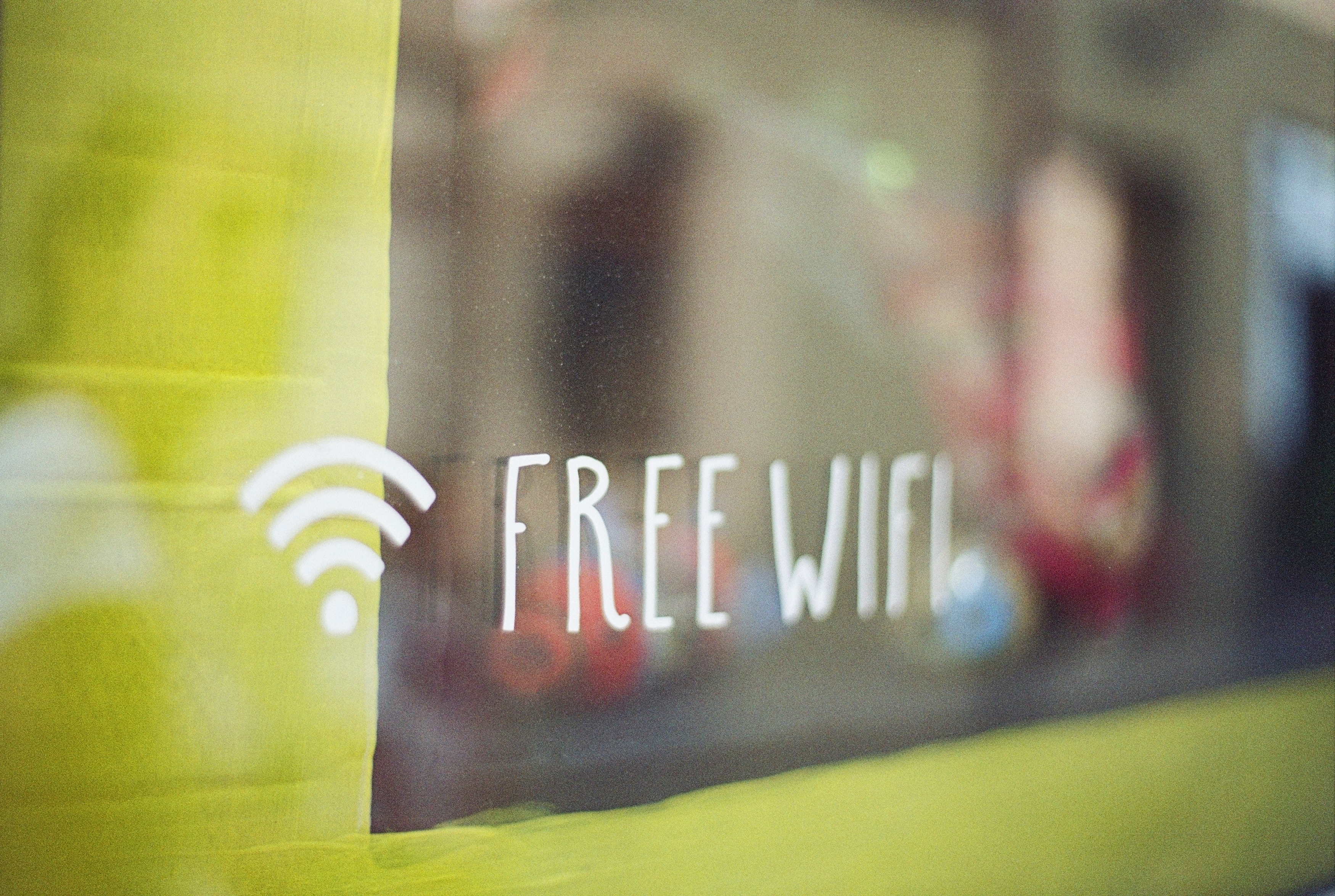
Instead of focusing on quantity, let’s prioritize quality and purpose when it comes to the things we bring into our lives. Remember, less is often more, and by decluttering our surroundings, we can create a sense of calm and clarity that allows us to fully enjoy the things that truly matter.

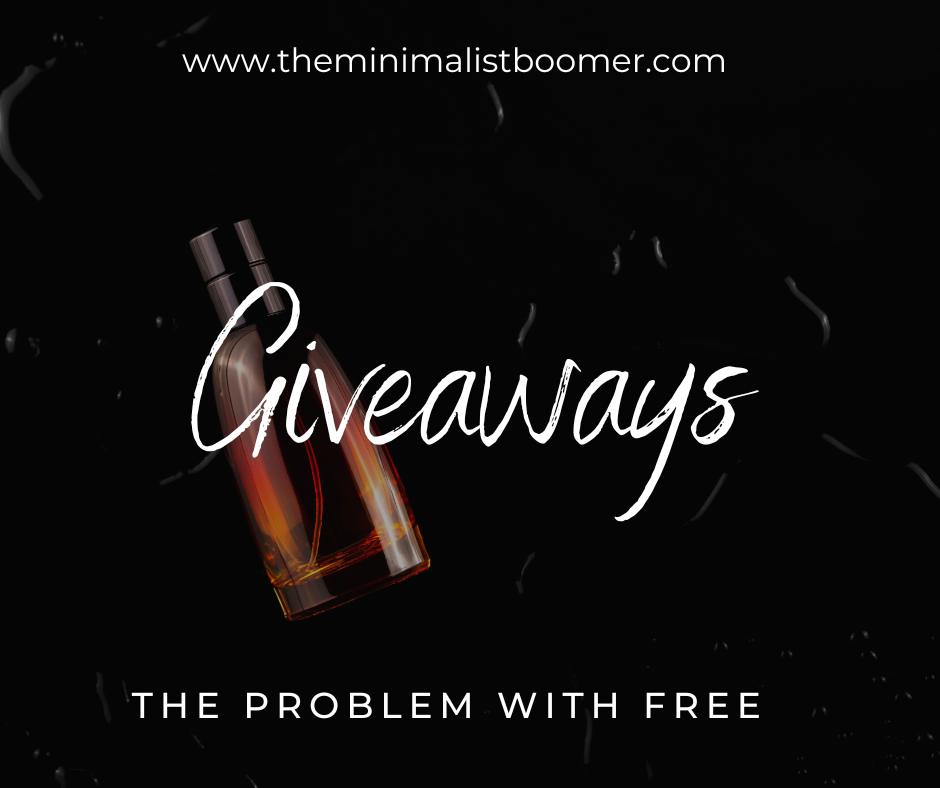


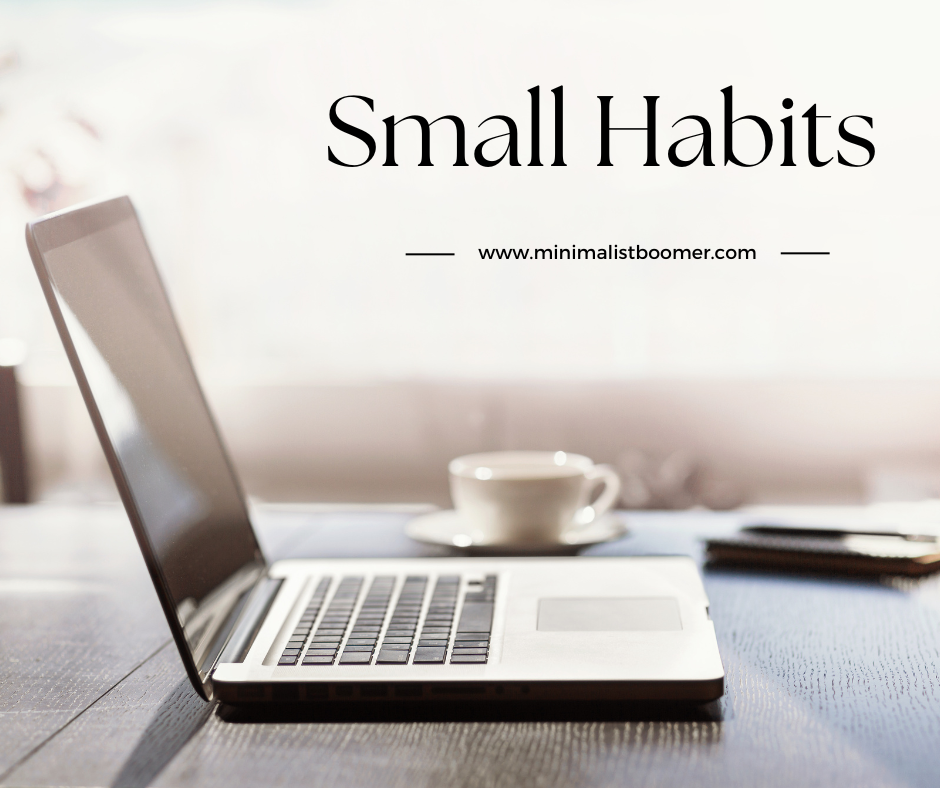
2 responses to “The Problem with Free”
Totally agree, I stopped taking free thing’s several years ago
I still get cards, calendars, and occasional tote bag in mail from charities
Paper items simply go in recycling.
Also don’t fall for advertising items you buy
Drew actually taught me this when he was in high school, he wouldn’t wear a shirt with a logo on it
Now I truly see the wisdom in not being free walking advertising for some corporations
I do wear team shirts 😁
Good for you Janice. And how insightful Drew was when everyone else was seeking the latest name brands no doubt!